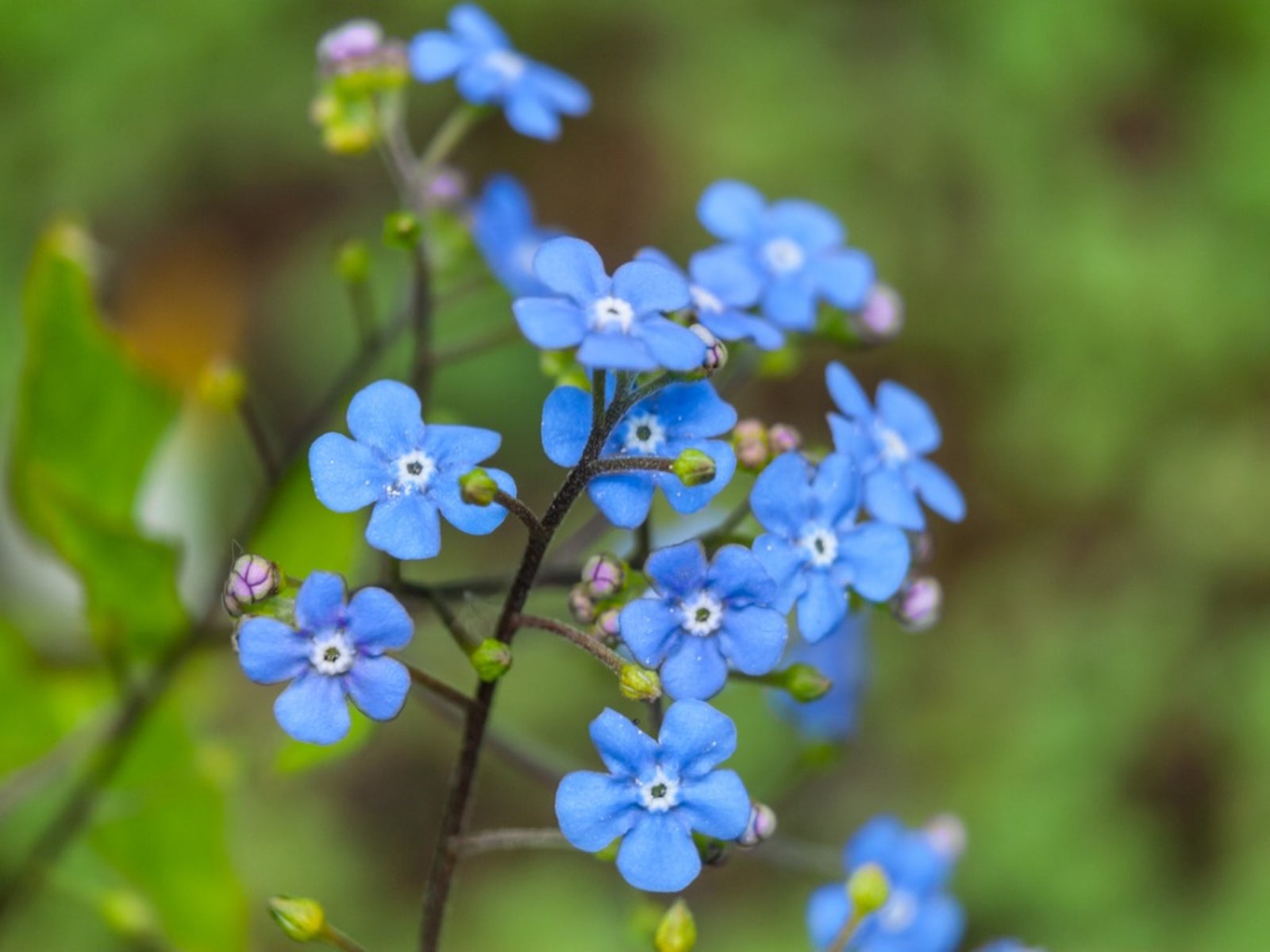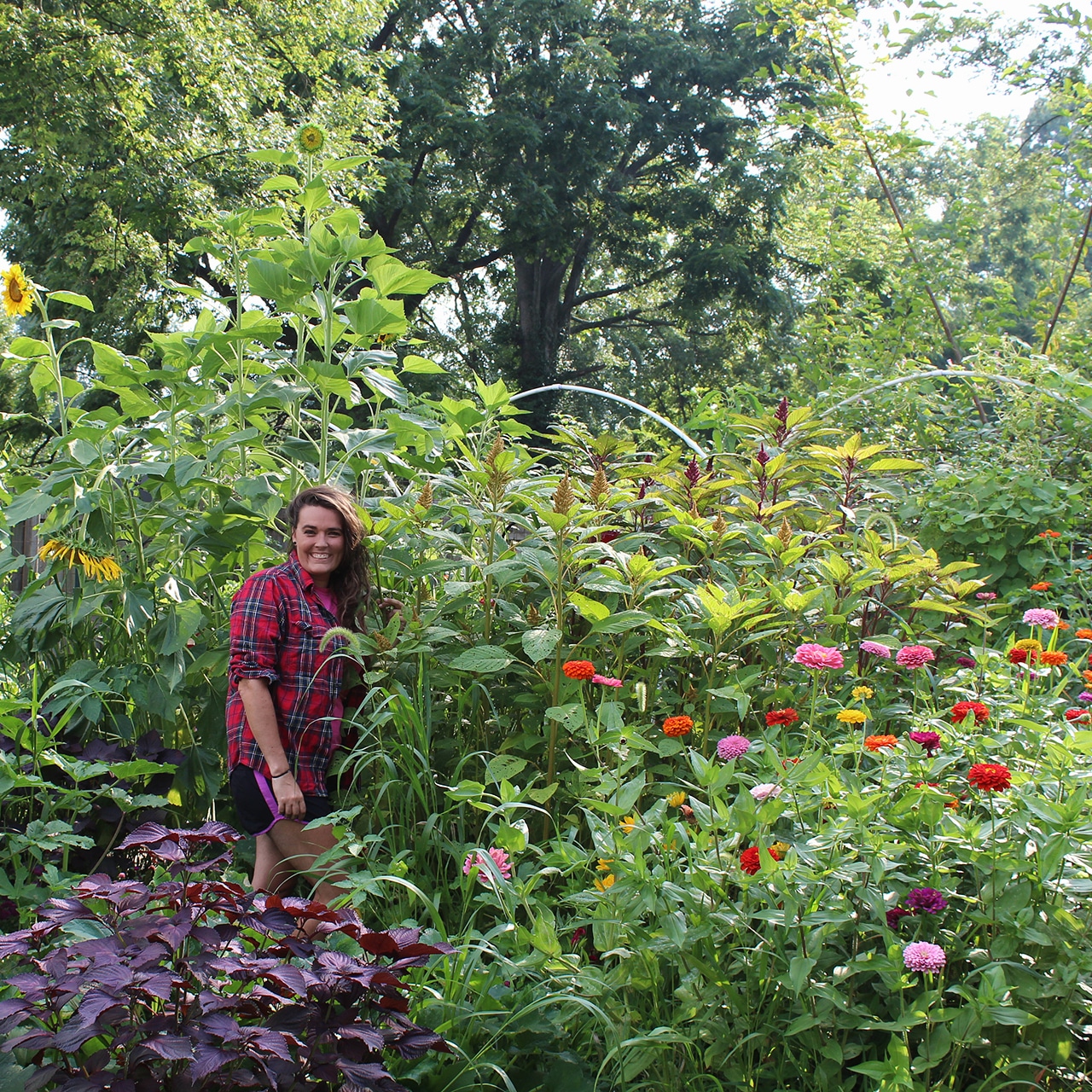Flowering Pond Plants - Growing Aquatic Flowers


Adding flowering pond plants to natural and manmade water features can be an easy way to quickly beautify a space with lush greenery and vibrant bursts of seasonal color. Growing these ornamental plants requires careful attention to light needs, water temperatures, intensity of direct light, and their size at maturity. Learning more about the various types of aquatic flowers available to gardeners can help determine whether or not including flowering water plants is ideal for your own water display.
Indoor Pond Flowers
Though most people consider growing pond flowers outdoors, several species are actually well suited for use as interesting houseplants. They include those that grow exclusively in water, like philodendrons, spider plants, and water hyacinths. Aquatic flowering plants are also quite popular with those who maintain elaborate fresh and/or saltwater fish tanks with live plants adding to a thriving and diverse ecosystem. Some of the most popular varieties of aquatic flowers for fish tanks include fanwort, java moss, and Amazon sword.
Outdoor Pond Flowers
If you’re wanting to incorporate flowering water plants into outdoor spaces, you should always consider the potential environmental impacts first. This includes potential for harm to native plant and animal species, as well as heeding local regulations related to invasive species or noxious weeds.
Depending upon the type, flowering pond plants can be found growing in the water, on the surface of the water, and/or near its edge. These specific growth requirements are essential in making certain that plants have the best chance of success in their new pond. Many surface growing plants, like Amazon frogbit and water lilies, can quickly overtake smaller bodies of water and will require frequent maintenance. Other popular pond plants include hornwort, creeping Jenny, and water lotus.
Larger Pond Plants
If you’re looking to increase visual interest around natural ponds, you may want to consider larger species of aquatic flowering plants. Cattails are just one example of aquatic plants which can reach great heights near the water’s edge. Smaller, dwarf varieties can also be found through specialized aquatic plant nurseries.
Another visually interesting specimen, pickerelweed, is prized for its large purple flower spikes which begin blooming late in the summer. Many gardeners praise this ornamental flower for its robust growth habit and hardiness to cold.
Sign up for the Gardening Know How newsletter today and receive a free copy of our e-book "How to Grow Delicious Tomatoes".

Tonya Barnett has been gardening for 13 years. Flowers are her passion. She has transformed her backyard into a cut flower garden, which she regularly chronicles on her YouTube channel http://www.youtube.com/@tonyawiththeflowers.